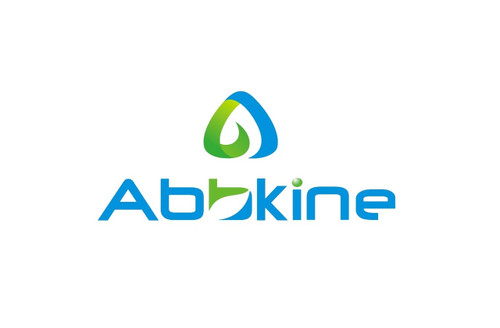Product Description
Mouse Prealbumin (PA) ELISA Kit | AE28870MO | Abebio
Species Reactivity: Mouse (Mus musculus)
Abbreviation: PA
Alternative Name: N/A
Application: ELISA
Range: 0.156-10 ng/mL
Sensitivity: 0.071 ng/mL
Intra-Assay: ≤4.0%
Inter-Assay: ≤7.8%
Recovery: 0, 99
Sample Type: Serum, Plasma, Other biological fluids
Detection Method: Sandwich
Analysis Method : Quantitive
Test Principale: This assay employs a two-site sandwich ELISA to quantitate PA in samples. An antibody specific for PA has been pre-coated onto a microplate. Standards and samples are pipetted into the wells and anyPA present is bound by the immobilized antibody. After removing any unbound substances, a biotin-conjugated antibody specific for PA is added to the wells. After washing, Streptavidin conjugated Horseradish Peroxidase (HRP) is added to the wells. Following a wash to remove any unbound avidin-enzyme reagent, a substrate solution is added to the wells and color develops in proportion to the amount of PA bound in the initial step. The color development is stopped and the intensity of the color is measured.
Product Overview: TTR was originally called prealbumin because it ran faster than albumins on electrophoresis gels.Prealbumin is produced by the choroid plexus, by pancreatic islet cells in the embryonic yolk sac, and by enterochromaffin cells in the gastrointestinal mucosa, but the liver is quantitatively the most important source.9 Liver production is maintained until late in liver disease. Hydration status does not affect prealbumin levels. A negative acute phase reactant, the prealbumin level will transiently decrease in the presence of inflammation and in the immediate postsurgical period. Serum levels also decline in patients with conditions associated with protein malnutrition, such as malignancy, cirrhosis, protein-losing enteropathy, and zinc deficiency.
Stability: The stability of ELISA kit is determined by the loss rate of activity. The loss rate of this kit is less than 5% within the expiration date under appropriate storage condition. The loss rate was determined by accelerated thermal degradation test. Keep the kit at 37°C for 4 and 7 days, and compare O.D.values of the kit kept at 37°C with that of at recommended temperature. (referring from China Biological Products Standard, which was calculated by the Arrhenius equation. For ELISA kit, 4 days storage at 37°C can be considered as 6 months at 2 - 8°C, which means 7 days at 37°C equaling 12 months at 2 - 8°C) .
 Euro
Euro
 USD
USD
 British Pound
British Pound
 NULL
NULL












